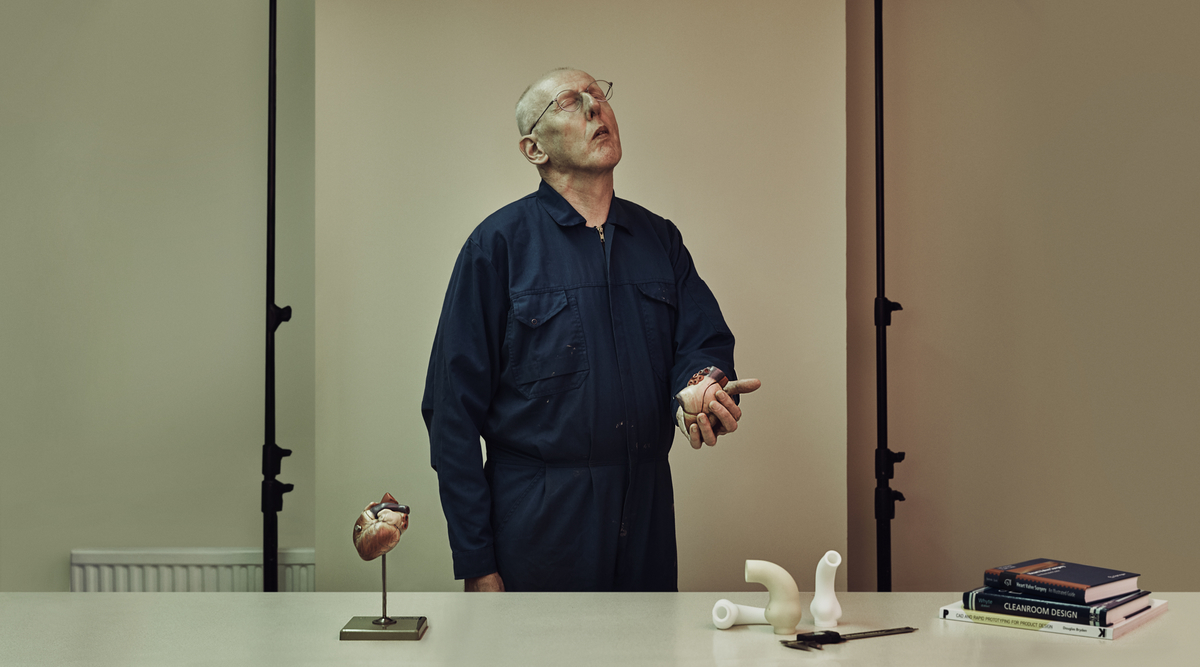Can a Doctor or Nurse Refuse to Treat Someone If They Morally Object?

Refusing to act is often as controversial as any action: whether Colin Kaepernick should stand for an anthem, for example, or the right of Kim Davis not to sign a marriage certificate. Also of particular interest is the right of healthcare providers to conscientiously object to providing certain medical treatments.
Is a medical professional entitled to deny care they object to? Even if the care is medically necessary? What if the objection is based on bad data or insincere claims of morality? What if it is based on sincerely held beliefs?
In a world with expanding access to euthanasia, abortion, and reproductive health care, the challenges of balancing personal beliefs and providing access to healthcare to which a patient is legally entitled becomes increasingly relevant. After all, the entire American west coast and Vermont now have legalized physician assisted suicide, joining Canada and a handful of other nations.
In June of 2016 a group of bioethicists gathered in Geneva to discuss the right of medical professionals to conscientious objection. They produced a series of guidelines based on their discussions. The guidelines are based primarily on the protection of the rights of the patient to receive care (see the full list here):
1. Healthcare practitioners’ primary obligations are towards their patients, not towards their own personal conscience…
2. In the event of a conflict between practitioners’ conscience and a patient’s desire …healthcare practitioners should always ensure that patients receive timely medical care…
3. Healthcare practitioners who wish to conscientiously object to providing medical treatment should be required to explain the rationale for their decision.
4. …The burden of proof to demonstrate the reasonability and the sincerity of the objection should be on the healthcare practitioners.
5. …[T]he reasons healthcare practitioners offer for their conscientious objection could be assessed by tribunals which could test the sincerity, strength and the reasonability of healthcare practitioners’ moral objections…
6. Policy makers should ensure that in any geographical region there is a sufficient number of non-conscientious objectors for patients to obtain medical services…
7. Healthcare practitioners who are exempted from performing certain medical procedures on conscientious grounds should be required to compensate society and the health system for their failure to fulfil their professional obligations…
8. Medical students should not be exempted from learning how to perform basic medical procedures they consider to be morally wrong…
9. Healthcare practitioners should be educated to use a framework of decision-making incorporating legal, ethical and professional arguments…
10. Healthcare practitioners should also be educated to reflect on the influence of cognitive bias in their objections.
While the ethicists clearly indicated their support for the right to care over the rights of the doctor to object, the Catholic Church — the world’s largest non-government health care provider — has strict policies on what care can and cannot be provided by professionals in its employ. The Catholic Church maintains a consistent pro-life ethic, and therefore will not offer abortion or euthanasia services. While this approach offers protection to medical staff of faith who oppose such procedures, it has been the case before that the refusal to provide them has caused controversy.
Of course, can’t a patient just go to another hospital or see another doctor? This is often impossible. Dozens of countries around the world suffer from critical shortages of health care workers, and less severe shortages of professionals can exist in impoverished regions of western nations. It is simple to imagine a case where a person might not have access to treatment because of the moral objection of their doctor and they would find no other options for treatment available. In such a case, the moral code of a doctor could kill, or at least lead to suffering.
Does a doctor’s right to act in accordance with their conscience trump the right of a patient to care? There doesn’t seem to be a definitive answer. The Catholic church has contingencies to help patients with care they found objectionable a few years ago. Likewise the guidelines devised in Geneva allow for leeway in what a provider might object to doing outside of emergency situations. The Hippocratic oath tells doctors to apply “all measures which are required”, but also originally forbade abortions and the administration of any poisons — the modern version dates only to 1964. Not even that offers a sure solution.
There is a potential moral loophole that allows for doctors to undertake actions they object to while still offering necessary care. The Principle of Double Effect is an ethical idea that some seemingly immoral actions might be permissible if the negative effects of an otherwise acceptable act are unintended, or at least are a mere side effect of a very positive action.

Circa 1260, Italian philosopher, theologian and writer St Thomas Aquinas (1225 – 1274). Aquinas actually formulated a defense of certain behaviors that would typically be judged as immoral. (Photo by Rischgitz/Getty Images)
This idea goes back to none other than the Catholic theologian St.Thomas Aquinas, originally used by him to condone potentially killing an assailant in self-defense if that was only a side effect of saving yourself. The use of the principle as a justification for some abortions has been around for decades, notably in the work of Philippa Foot. Examples of how this principle can be used exist for many moral dilemmas, but it may not satisfy those who object very strongly to a certain procedure- even if the consequences and purity of intentions are weighed and found to be acceptable to others.
Suppose that a doctor is asked to assist in a suicide, but the reason for that request is not to alleviate pain but rather to prevent the patient from being a burden, as many such requests are? What if they only wish to provide abortions in cases of emergency? Can they object to the rationale for the procedure but not the act itself? Such questions will have to be asked. We must remember that, despite their duty to promote health and serve their patients. Medical workers aren’t robots yet, and are perhaps entitled to some form of objection. The question of what we can and cannot ask our health care providers to do for us will linger for some time.
—





